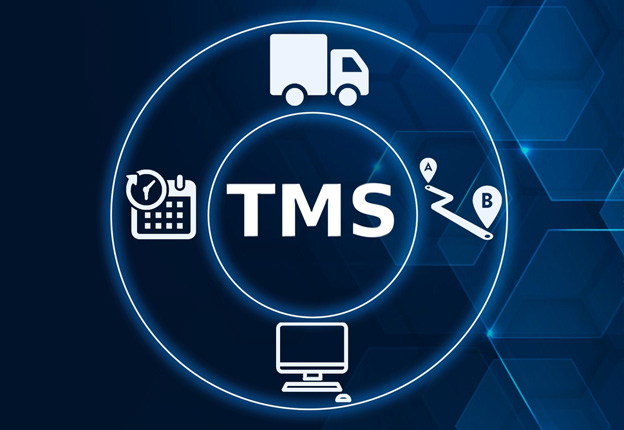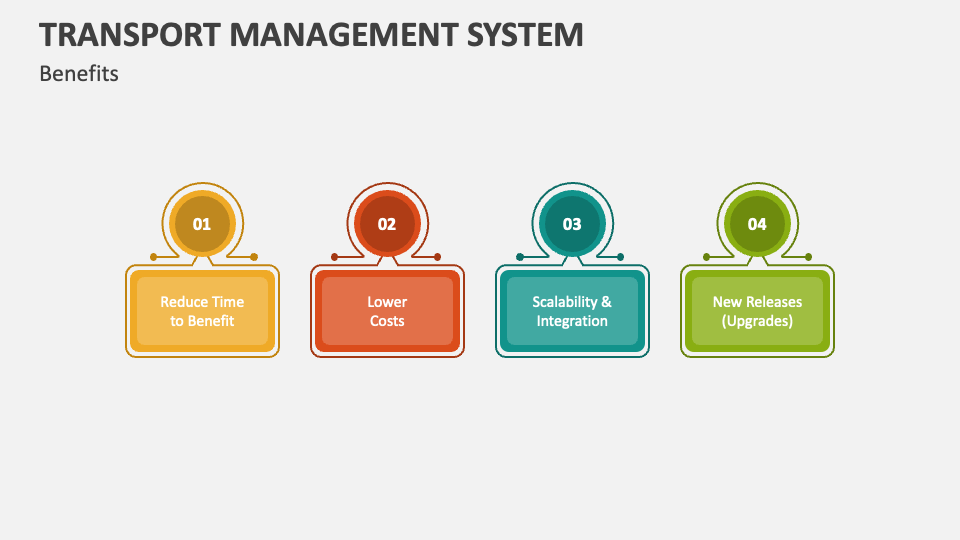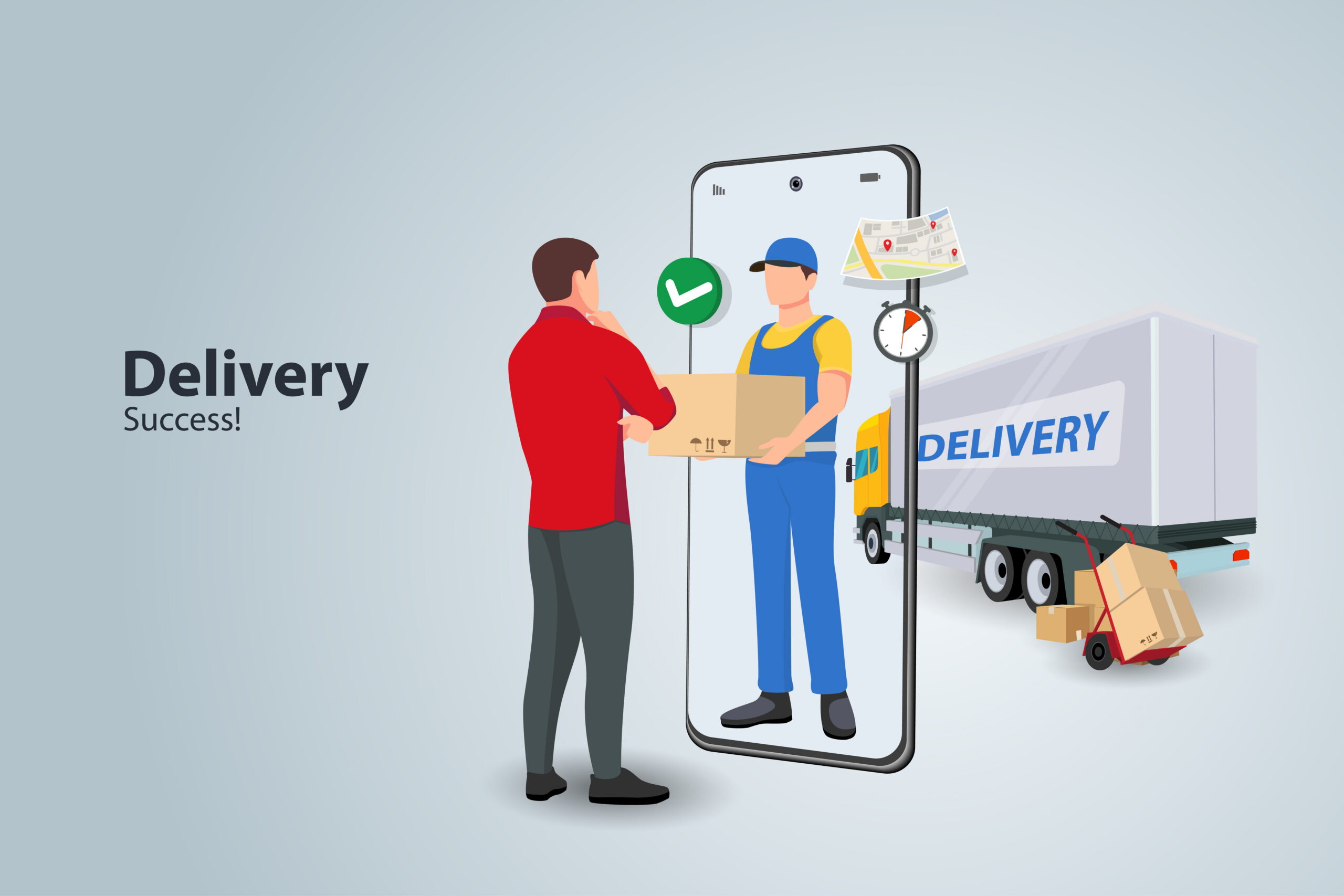In the ever-evolving world of logistics and freight, staying ahead of the curve requires more than trucks, warehouses, and workforce. Today’s transportation businesses require cutting-edge tools to remain competitive, reduce costs, and enhance operational efficiency. One such essential tool is transportation management software.
Whether you’re a freight broker, carrier, or operate a full-scale logistics firm, transportation management software has the power to transform your business from the ground up. In this detailed guide, we’ll explore what transportation management software is, the top features in TMS, how it benefits your transportation business, and why investing in a system like Truxup could be your most brilliant move for 2025 and beyond.
Understanding Transportation Management Software
Transportation management software (TMS) is a digital solution designed to plan, execute, and optimize the movement of freight. It provides a centralized platform for managing all transportation operations, including load planning, carrier selection, dispatching, shipment tracking, invoicing, and performance analytics.
Transportation management software is utilized by shippers, carriers, 3PLs, and freight brokers to enhance the speed, accuracy, and cost efficiency of their logistics processes. It serves as the nerve center of a modern transportation business, automating routine tasks and delivering real-time insights into the supply chain.
Key Functions of Transportation Management Software
A robust transportation management system performs multiple critical tasks:
Load Creation and Scheduling
Transportation management software streamlines load creation by enabling users to easily build, schedule, and assign shipments with minimal manual input. With intelligent automation and route planning, dispatchers can ensure timely deliveries while reducing human error. Truxup’s platform streamlines the entire process, providing faster load cycles and improved resource utilization for enhanced freight performance.
Carrier Management and Rate Optimization
Managing carrier relationships and securing the best rates are essential for cost-effective operations. A TMS like Truxup lets users compare carrier rates, monitor performance, and assign loads based on availability, cost, and historical service quality. It ensures businesses select the most reliable and economical options, helping reduce transportation spend while maintaining service excellence.
Real-Time Shipment Tracking
Real-time tracking gives businesses and customers complete visibility into shipment locations and statuses. A modern TMS, such as Truxup, integrates with ELDs and GPS to provide instant updates, alerting users to delays and enabling proactive solutions. This enhances communication, minimizes disruptions, and ensures on-time delivery, thereby boosting customer satisfaction and operational efficiency.
Document Generation (BOLs, Invoices, Delivery Notes)
Automated document creation reduces paperwork, speeds up processing, and minimizes human error. Truxup’s TMS generates essential freight documents, such as Bills of Lading, invoices, and delivery receipts, with just a few clicks. It ensures regulatory compliance and streamlines communication with shippers, carriers, and customers through digital, trackable, and professionally formatted documentation.
Compliance and Regulatory Support
Meeting DOT, FMCSA, and IFTA regulations can be complex. Truxup’s transportation management software offers built-in compliance tools, including automated reminders, digital logs, and audit-ready documentation. This ensures your business stays aligned with industry regulations, avoids costly penalties, and passes inspections with ease, giving peace of mind and operational continuity.
Reporting and Business Intelligence
Data is only valid when it drives better decisions. A robust TMS like Truxup includes dashboards and reports that track KPIs, delivery performance, fuel costs, and more. These insights enable businesses to optimize routes, reduce costs, and identify trends. With predictive analytics, users can forecast demand and proactively solve logistics challenges.
With Truxup, transportation businesses gain access to all these features and more in a user-friendly, cloud-based interface designed to grow alongside their evolving needs.

Why Your Transportation Business Needs TMS
1. Increased Operational Efficiency
Transportation management software streamlines day-to-day logistics by automating tasks like load creation, dispatching, and billing. Centralizing operations in a single platform eliminates duplication, reduces manual errors, and improves communication across departments. This results in faster workflows, greater accountability, and more productive use of time and resources. With tools like automated alerts and scheduling, businesses gain better control over their supply chain, making operations more agile and responsive to real-world challenges.
2. Cost Savings
A robust transportation management system helps cut costs through more innovative load planning, rate comparison tools, and route optimization features. It minimizes empty miles, lowers fuel consumption, and ensures shipments are paired with the most cost-effective carriers. By reducing delays and maximizing truck utilization, businesses avoid unnecessary expenses. Additionally, automated billing and accounting eliminate the need for costly manual data entry and reconciliation, helping transportation companies stay competitive and profitable in a cost-sensitive industry.
3. Improved Visibility and Tracking
With real-time visibility tools, transportation management software enables complete transparency across all shipments and assets. GPS and telematics integrations allow users to monitor the exact location of freight, identify delays instantly, and communicate updates to clients. This enhanced control enables businesses to make proactive decisions and prevent service disruptions. For customers, it means accurate ETAs and a sense of peace of mind. For companies, it translates to fewer missed deadlines, improved coordination, and stronger operational performance.
4. Better Decision Making
Transportation management systems provide valuable insights through customizable dashboards, real-time reports, and predictive analytics. Managers can track KPIs like on-time delivery rates, fuel costs, and carrier performance—all in one place. These tools enable data-driven decision-making, allowing businesses to adjust their strategies based on real trends and outcomes. With TMS-generated intelligence, logistics leaders can identify bottlenecks, allocate resources effectively, and continuously optimize their operations to stay ahead of the competition.
5. Enhanced Customer Experience
TMS platforms improve customer satisfaction by ensuring consistent communication, faster service, and greater shipment accuracy. Clients benefit from real-time updates, digital documentation, and accurate delivery timelines. When exceptions occur, businesses can quickly inform customers and provide solutions, reducing frustration and building trust. With automated notifications, proof of delivery, and transparent tracking, customers feel more confident in their shipping partners, leading to long-term relationships, higher retention rates, and a stronger reputation for your transportation business.
Top Features in TMS
Transportation management software is packed with tools that streamline every aspect of freight management. Below are the top features in TMS that every transportation business should look for:
Load Planning and Optimization
Transportation management software automates the creation, scheduling, and assignment of shipments. It uses real-time data to build optimized loads, reduce manual planning time, and maximize truck capacity. This feature enhances operational efficiency, ensuring timely dispatch with fewer errors and a more effective use of resources.
Carrier Selection and Rate Management
TMS platforms help you compare carrier rates, monitor service history, and manage contracts all in one place. This ensures that you choose the most reliable and cost-effective options, thereby improving profitability and maintaining high-quality service. It simplifies negotiations and improves load allocation based on performance and pricing.
Real-Time Tracking and Telematics
Real-time tracking allows you to monitor shipment progress and driver location through GPS and ELD integration. This feature provides visibility into transit operations, enables immediate response to delays, and improves communication with customers by offering accurate ETAs and shipment status updates at all times.
Route Optimization
Route optimization tools calculate the most efficient delivery paths, saving time, fuel, and vehicle wear. Using traffic data and load specifics, TMS systems reduce mileage, minimize delays, and improve delivery speed. This results in improved resource utilization and substantial cost savings in freight operations.
EDI and API Integration
Transportation management software connects with brokers, carriers, load boards, and customer systems through EDI and API integrations. These standardized data exchanges automate load tenders, status updates, and documentation, thereby enhancing workflow speed, reducing manual entry, and keeping all systems synchronized in real-time.
Accounting and Billing
A TMS automates critical financial processes, including invoicing, payment tracking, and cost reconciliation. It reduces errors, eliminates duplicate entries, and ensures faster billing cycles. Integrated accounting enhances accuracy and provides real-time financial visibility, enabling businesses to manage budgets and cash flow more effectively.
Compliance Management
TMS platforms streamline compliance with FMCSA, DOT, and IFTA regulations. Features include automated tracking of HOS, maintenance schedules, and permit expirations. This ensures your business is always audit-ready, reduces the risk of violations, and simplifies documentation needed for inspections and regulatory reporting.
Customizable Dashboards
Custom dashboards enable users to view relevant data tailored to their specific role. Dispatchers, managers, and accountants each receive tailored access to KPIs, reports, and real-time operational data. This enhances workflow efficiency, facilitates faster decision-making, and ensures that everyone views the metrics most relevant to their tasks.
How Truxup Stands Out
Truxup is a cloud-native transportation management software built for the needs of modern freight professionals in the United States. With over 100 ready-to-use integrations and powerful automation features, Truxup delivers unmatched control and scalability.
What Makes Truxup Different:
- Native EDI and API support for seamless communication
- Real-time dashboards tailored for every user role
- Intuitive mobile app for drivers and dispatchers
- Full support for hybrid operations (brokerage + fleet)
- Scalable for small teams and large enterprises
Truxup is designed for carriers, brokers, and 3PLs who want to future-proof their operations with flexible, intelligent technology.
Everyday Use Cases for Transportation Management Software
Freight Brokers
Freight brokers utilize transportation management software to streamline load building, manage carrier relationships, and efficiently match shipments. The system enables seamless communication with carriers, automates rate comparisons, and ensures transparent execution. This improves capacity management, reduces turnaround time, and enhances service reliability across brokered freight operations.
Carriers
Carriers rely on TMS to optimize fleet performance, track vehicles in real time, and reduce fuel costs. The platform offers tools for route planning, maintenance scheduling, and driver communication. Centralized visibility and control ensure on-time deliveries, better resource allocation, and a more efficient transportation operation overall.
Dispatch Teams
Dispatchers benefit from transportation management software by gaining complete control over scheduling and load assignments. They can notify drivers instantly, monitor shipment progress, and respond to exceptions quickly. The system enhances operational efficiency, minimizes manual communication, and ensures that each load is managed efficiently from start to finish.
Accounting Departments
TMS automates billing, payment processing, and cost tracking, eliminating manual entry and reducing errors. Accounting teams can easily generate invoices, reconcile charges, and produce detailed financial reports. This speeds up cash flow, improves accuracy, and ensures all transactions are transparent and audit-ready within the transportation business.

The ROI of Implementing Transportation Management Software
Investing in a transportation management system yields benefits through reduced costs, faster operations, and improved customer satisfaction. Businesses that adopt TMS technology report:
- 15–30% reduction in administrative time
- 10–20% savings in transportation costs
- 50% improvement in delivery accuracy
- 25–40% faster invoicing and payment cycles
Truxup enables these results through automation, integration, and real-time optimization.
Choosing the Right Transportation Management System
When evaluating TMS options, it’s essential to consider the following:
- Scalability: Can the platform grow with your business?
- Integration: Does it connect with the systems you already use?
- Usability: Is the interface intuitive for every team member?
- Support: Does the provider offer onboarding and customer assistance?
Truxup delivers on all these fronts, making it a strong contender for businesses of all sizes.
Future Trends in Transportation Management Software
As the industry evolves, transportation management software will continue to advance. Key trends shaping the future include:
- AI-powered decision-making
- Blockchain for secure freight documentation
- Expanded use of predictive analytics
- Sustainability tracking and carbon reporting
- Touchless automation for end-to-end freight flows
Truxup is actively developing features in these areas to help clients stay ahead of the curve.
Conclusion
Transportation management software is no longer optional—it’s essential. With increasing complexity in logistics, companies that adopt TMS solutions gain a significant advantage in terms of speed, cost efficiency, and customer service.
From load planning and route optimization to invoicing and compliance, a transportation management system like Truxup gives you the tools to manage every detail with precision. As logistics demands grow and evolve, Truxup is here to help your transportation business scale, succeed, and thrive.
Visit truxup.com to schedule a demo or discover how our transportation management software can benefit your business.










